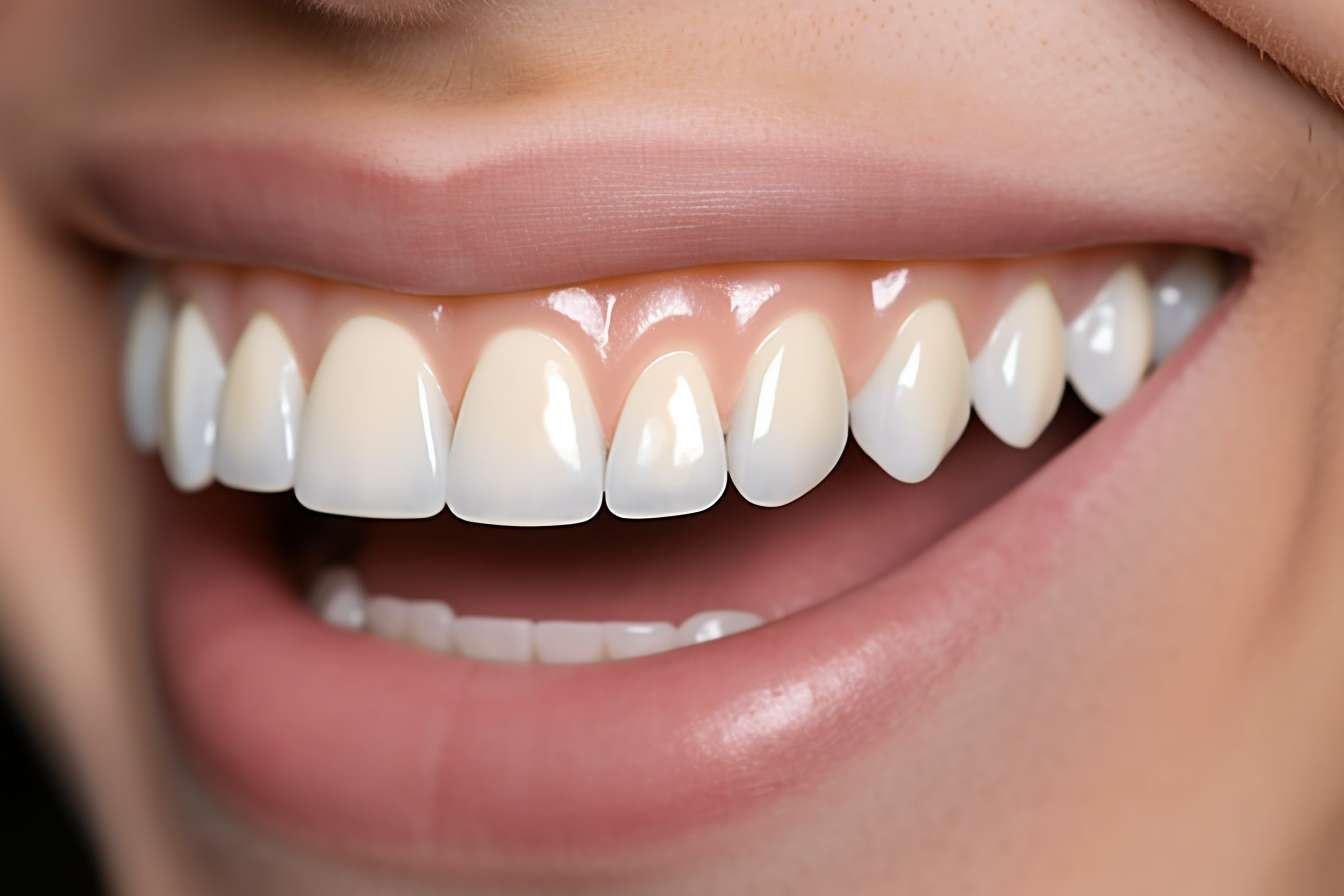Restoring Smiles: The Complete Dental Implant Guide
Dental implants provide a long-lasting, natural-looking solution for missing teeth by anchoring artificial roots into the jawbone. This guide explains who qualifies, what the procedure entails, benefits, possible complications, and ballpark costs—helping you decide if implants are right for you.

Who makes a good candidate for dental implants?
Dental implants are suitable for many people who want a permanent tooth replacement. Typical candidates include those who:
- Have one or more missing teeth
- Maintain healthy gums without active periodontal disease
- Possess adequate jawbone density to support an implant
- Are in generally good health and can undergo minor oral surgery
- Are willing to commit to daily oral hygiene and regular dental checkups
Not meeting every criterion doesn’t automatically exclude you. Dentists can often address issues such as low bone volume with preparatory treatments like bone grafting or sinus lifts. A personalized evaluation will determine the best path forward.
What does the dental implant process look like?
The implant treatment is commonly completed in several phases, allowing the mouth to heal between steps:
-
Consultation and planning: Your dentist or oral surgeon performs a clinical exam, takes X-rays or 3D scans, and develops a customized treatment plan.
-
Surgical placement of the implant: A biocompatible titanium post is placed into the jawbone under local anesthesia. Sedation may be offered depending on the case and patient preference.
-
Healing and osseointegration: Over weeks to months the bone grows around the implant in a process called osseointegration, creating a stable foundation.
-
Abutment connection: After adequate healing, a small connector (abutment) is attached to the implant to support the visible restoration.
-
Final restoration: A custom-made crown, bridge, or denture is secured to the abutment, restoring appearance and function.
Overall treatment time varies with individual healing rates and any additional procedures required. Some protocols and technologies can shorten timelines, while more complex cases may take longer.
Key benefits of dental implants
Dental implants offer advantages that make them a preferred option for many patients:
- Natural look and feel: Restorations are designed to closely mimic the appearance, bite, and function of natural teeth.
- Long-term durability: With proper care, implants can last for decades and often a lifetime.
- Preservation of neighboring teeth: Unlike traditional bridges, implants don’t require reducing adjacent healthy teeth.
- Bone health: Implants stimulate the jawbone and help prevent the bone loss that follows tooth loss.
- Comfort and ease: Implant-supported teeth are fixed and eliminate the slipping, adhesives, and cleaning involved with removable dentures.
Risks and potential complications
While the success rate for dental implants is high, there are potential risks associated with any surgical procedure. These include:
- Infection at or around the implant site
- Damage to nearby structures, such as adjacent teeth or blood vessels
- Failure of the implant to integrate with the bone (implant failure)
- Nerve irritation or injury causing temporary or, rarely, persistent numbness, tingling, or pain
- Sinus issues for implants placed in the upper jaw if they protrude into the sinus cavity
Most complications are uncommon and manageable when identified early. Your dental team will explain how they minimize risks, including preoperative assessment, sterile technique, and post-op care instructions.
How much do dental implants cost?
Costs vary widely depending on the number of implants, geographic location, the experience of the provider, and whether additional procedures (like bone grafting or extractions) are needed. Typical ranges in the U.S. are:
- Single-tooth implant: roughly $3,000 to $6,000
- All-on-4 or full-arch implant-supported prosthesis: around $15,000 to $30,000 per arch
- Full-mouth implant solutions: often $20,000 to $50,000 or more, depending on the method and materials
Factors that affect price include implant brand and materials, complexity of the case, type of final restoration (ceramic crown, hybrid denture, etc.), and any preparatory surgeries. Although implants can cost more up front than bridges or dentures, many patients find them cost-effective over time because of their longevity and reduced maintenance.
Financing, insurance, and payment options should be discussed with your dental office to find a plan that fits your budget.
Final considerations
Dental implants represent a reliable and transformative option for replacing missing teeth. They restore smile aesthetics, chewing ability, and support long-term oral health when planned and maintained properly. A thorough evaluation by a qualified dental professional will clarify whether implants are the best choice for your situation and which treatment pathway is most appropriate.
This article is intended for informational purposes and does not replace professional medical advice. Consult a licensed dentist or oral surgeon for a personalized assessment and treatment recommendations.






